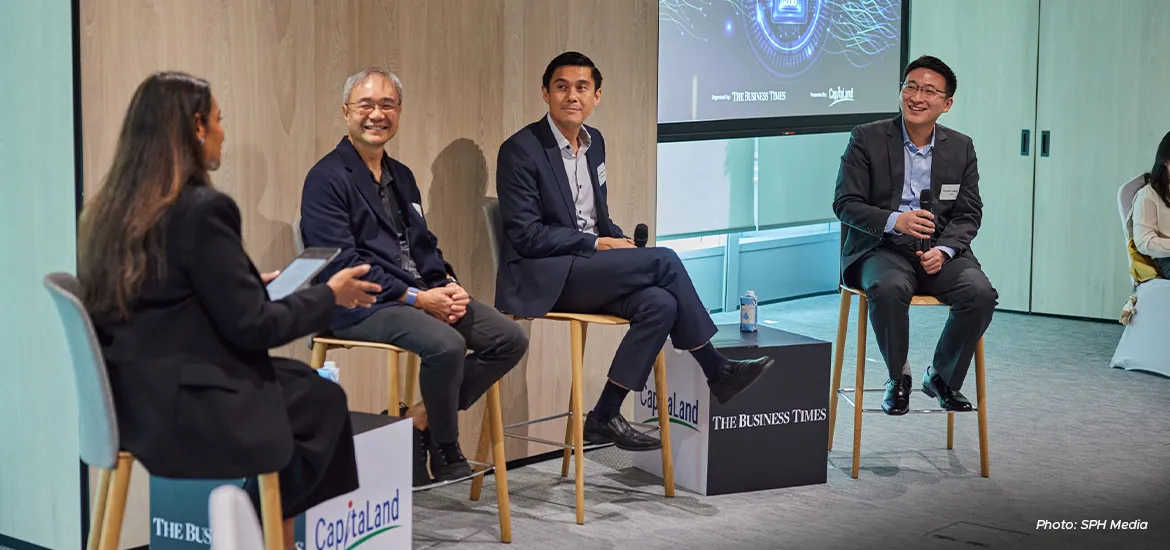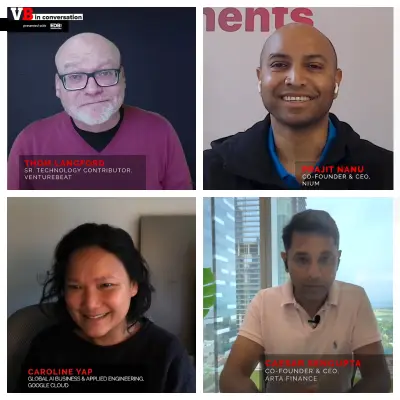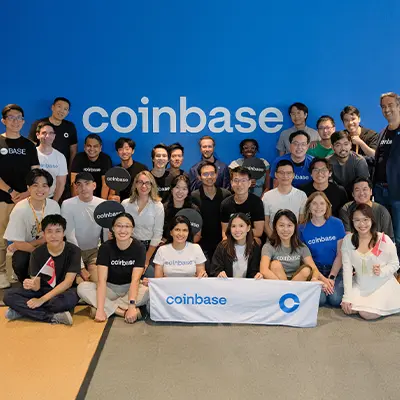Dr Teo gave the example of radiologists. Seeing the advancements in deep learning algorithms that could read X-rays, prominent AI researcher Geoffrey Hinton in 2016 predicted the demise of radiologists, famously declaring that “within five years deep learning is going to do better than radiologists”.
Yet, radiologists remain relevant today, with many leveraging AI to perform their jobs better.
Agreeing, Victor Liang, head of data science for geo services at Grab, said: “We use AI technology to augment human effort rather than replace it.”
While humans remain relevant in the workforce, a word of caution is that there will be some displacements during transition periods.
Dr Teo said: “During the Industrial Revolution, it took almost a generation for the people who lost jobs to machines to have their income get back to where it was… This is where we have to take care of our society.”
Singapore’s position in the AI race is to take some of the best models, localise them or regionalise them, or adopt them for specific domains such as finance and real estate, he added.
Not just hype
The three panellists agreed that AI is not just hype, despite the emerging applications and practical uses not yet commensurating with the hefty investments in the space.
The discrepancy could be due to the complexity of integrating AI into existing products, pointed out Grab’s Liang.
“It takes time to find the product and market fit, and it also takes time to build the capability infrastructure needed for implementation,” he said.
CapitaLand’s Wong added: “The hype is primarily because the Wall Street crowd comes in and pushes share prices up. When we look at the innovation that is happening, we do see progress with new products coming in and costs trending down.”
Dr Teo suggested that the slower-than-expected emergence of AI applications could be due to the challenge of figuring out how to monetise the new technology.
“It’s instructive to remember that the Internet giants today, including Google and Meta, who profit through digital advertising, were not predicted to be the ones making money at the dawn of the Internet age,” he noted, adding that it took many years for Internet companies to realise a profit model.
He is, however, optimistic that finding the path to profitability will be much faster this time.








